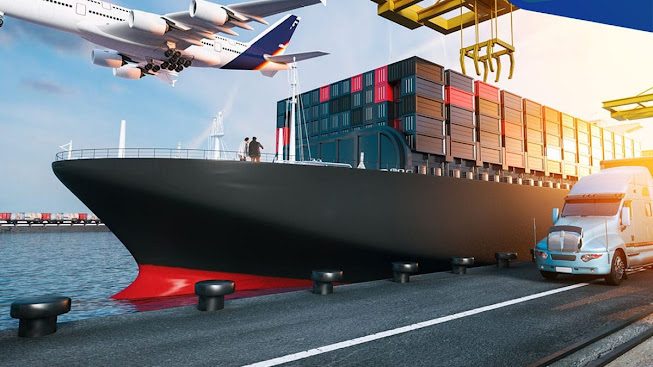Air Cargo Tariffs and Trade Wars: Navigating Uncertainty
The global trade landscape has been marred by uncertainty in recent years, with tariffs and trade wars making headlines. For the air cargo industry, these disruptions have significant implications, affecting everything from shipping costs to supply chain strategies. In this blog post, we will explore the impact of air cargo tariffs and trade wars, the challenges they pose, and strategies for navigating this turbulent terrain.
 |
| Air Cargo Tariffs and Trade Wars: Navigating Uncertainty |
Tariffs, or import taxes, are levied by governments to protect domestic industries or address trade imbalances. In recent years, tariff disputes and trade wars have escalated, with major economies imposing tariffs on each other's goods. This has created a climate of uncertainty for businesses and the air cargo industry.
Impact on Air Cargo
- Increased Costs: Tariffs can drive up the cost of imported goods, leading to higher shipping expenses for air cargo companies.
- Shifts in Trade Routes: Tariff-driven changes in trade patterns can alter the demand for air cargo services on specific routes.
- Supply Chain Disruptions: Companies may need to reconfigure their supply chains to mitigate tariff-related risks, leading to delays and logistical challenges.
- Volatility: The uncertainty surrounding trade policies can lead to market volatility, making it challenging for businesses to plan and make informed decisions.
Challenges and Considerations
- Adaptability: Air cargo companies must be agile and adaptable, ready to pivot in response to changing trade dynamics.
- Risk Mitigation: Diversifying trade partners and supply chain strategies can help mitigate the impact of tariffs.
- Regulatory Compliance: Companies must navigate complex customs regulations and stay informed about evolving trade policies.
Strategies for Navigating Uncertainty
- Scenario Planning: Air cargo companies should develop contingency plans to address different tariff scenarios and their potential impact on operations.
- Supply Chain Redesign: Some companies may choose to redesign their supply chains to minimize exposure to tariffs, even if it means longer transit times.
- Advocacy: Engaging in advocacy efforts and industry associations can help air cargo companies influence trade policies that affect their operations.
Real-World Implications
- China-U.S. Trade War: The trade tensions between China and the United States have disrupted global supply chains and air cargo routes.
- Brexit: The United Kingdom's exit from the European Union introduced new customs procedures and tariffs, impacting air cargo flows.
- COVID-19 Pandemic: The pandemic highlighted the vulnerability of global supply chains to disruptions, leading to increased scrutiny of trade policies.
Conclusion
Navigating the uncertainty created by air cargo tariffs and trade wars requires a combination of adaptability, careful planning, and proactive risk management. While these challenges are complex, the air cargo industry has a history of resilience and innovation. By staying informed, collaborating with industry peers, and remaining flexible in the face of change, air cargo companies can continue to thrive in an ever-evolving global trade landscape.



Comments
Post a Comment